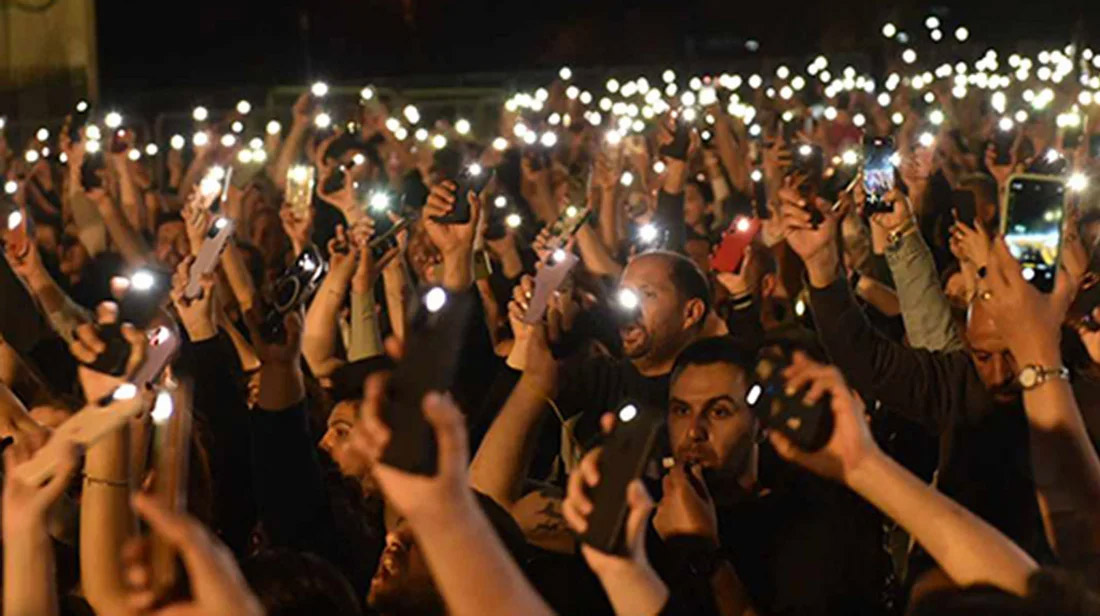A total of 252 portacabins are to be used as classrooms when Turkish Cypriot children return to school at the end of the summer holiday on Monday, the north’s ‘education minister’ Nazim Cavusoglu said on Saturday.
Portacabins have been used as classrooms in Turkish Cypriot schools after it was decided a number of school buildings were unfit for use due to their risk of collapse in a possible earthquake, in the aftermath of the two devastating earthquakes which hit southeastern Turkey in February 2023.
“We have repeatedly emphasised that portacabins are a temporary solution and that we are taking swift action to ensure student safety … We will move them from school to school when necessary, utilising our resources in the most efficient way,” Cavusoglu told the north’s Tak news agency.
He said that during the assessments of school buildings after the 2023 earthquakes, it was found that 128 schools were “at risk” should a powerful earthquake hit Cyprus.
Of those 128 schools, he said, 92 have so far been discussed at the north’s earthquake and natural disaster assessment commission, and it was decided to decommission some or all of the buildings in 14 of those schools.
He added that the north’s cabinet has approved decisions to reinforce the buildings at 67 schools, and that that work has been completed in 29 of them.
“Work is ongoing in nine schools, contracts have been signed for 10 schools, contracts are being negotiated for six schools, and we have put out tenders for 13 schools. In addition, we are developing projects for 36 schools,” he said.
Asked why this process is taking so long, he said that “it is important to understand that a construction project will not be completed in two months”.
“Things like drawing plans, making measurements, and finding resources all take time,” he said.
Aside from the matter of earthquakes, he confirmed that around 58,000 children will attend Turkish Cypriot schools on Monday, with 28,000 in primary schools, 25,000 in middle schools and high schools, and 4,000 in vocational and technical schools.
The return to school comes after the previous school year ended in a standoff between teachers and the ruling coalition over the matter of whether children should be allowed to wear headscarves in schools.
The ruling coalition had initially legalised the wearing of hijabs in schools midway through March, but faced a fierce backlash from teachers, the majority of whom are staunchly secular, before withdrawing the law shortly thereafter, and reinstating it the following month.
Turkish Cypriots rejected the law in large numbers, taking to the streets of Nicosia in their thousands on three separate occasions since it was enacted, with numerous smaller such protests having taken place in the meantime.
In the early part of the summer, teachers took the law to court, with that case having been suspended indefinitely pending a final decision in June.
The matter even attracted an intervention on the part of Turkish President Recep Tayyip Erdogan in May.
“If you try to mess with our girls’ headscarves in the Turkish Republic of Northern Cyprus, I am sorry, you will find us against you,” he said.






Click here to change your cookie preferences